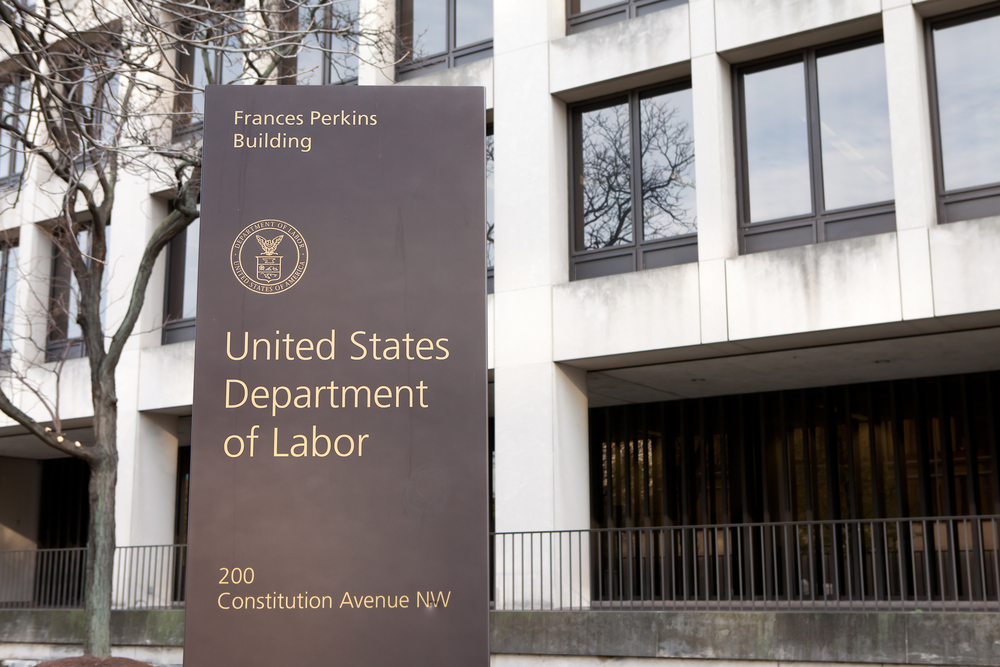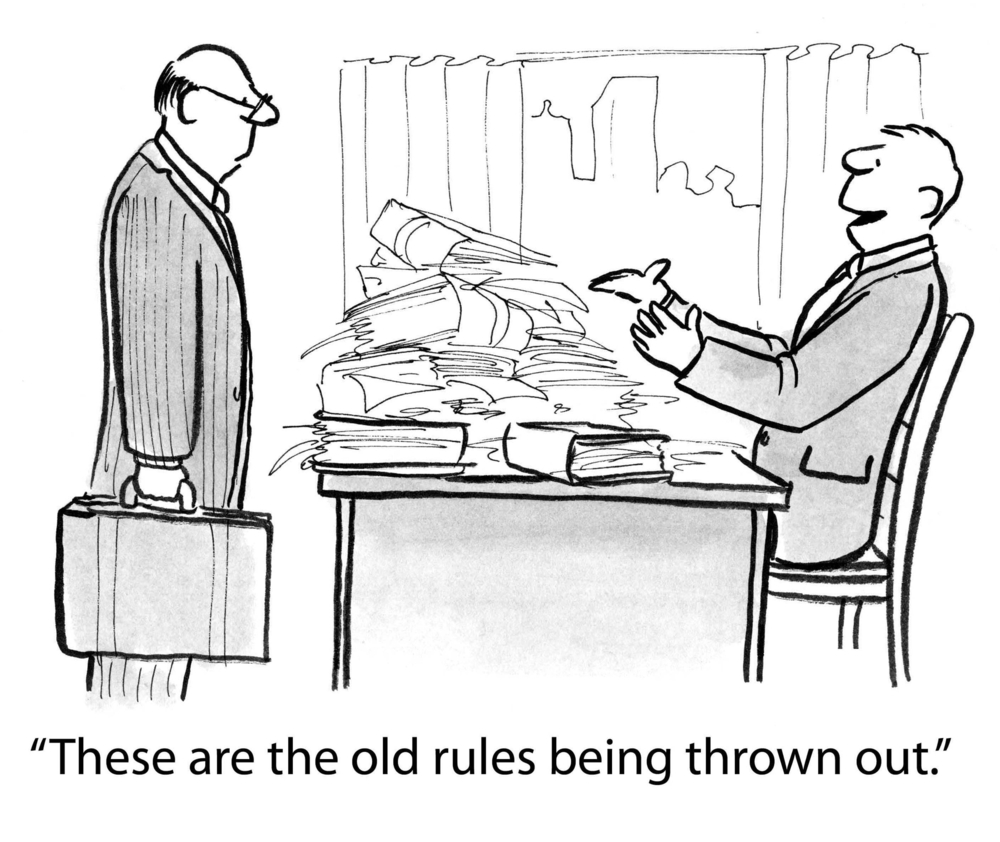The United States Senate is slated to consider Andrew (Andy) Puzder, CEO of CKE Restaurants, as the next Secretary of Labor (“DOL”). Although his confirmation hearing which was set for February 7, 2017 has been delayed reportedly to give Mr. Puzder additional time to complete government ethics disclosures, Mr. Puzder has stated that he is fully committed to becoming Secretary of Labor and says that he is “looking forward to [his] hearing.”[1]
CKE Restaurants operates “fast food” restaurants known as Carl’s Jr. west of the Rockies and Hardee’s in the east. The restaurants, perhaps better-known for their commercials featuring women models in skimpy swimsuits, began a new advertising campaign last fall focusing on its employees talking about the quality of the food offerings — burgers made with grass fed beef, hand-breaded chicken tenders, hand-scooped ice cream, and scratch made biscuits. If confirmed, Mr. Puzder in all likelihood, would also steer the DOL in a new direction with a decidedly more business-friendly approach than his predecessor, Tom Perez. We consider what would a Puzder DOL would likely focus on. READ MORE











